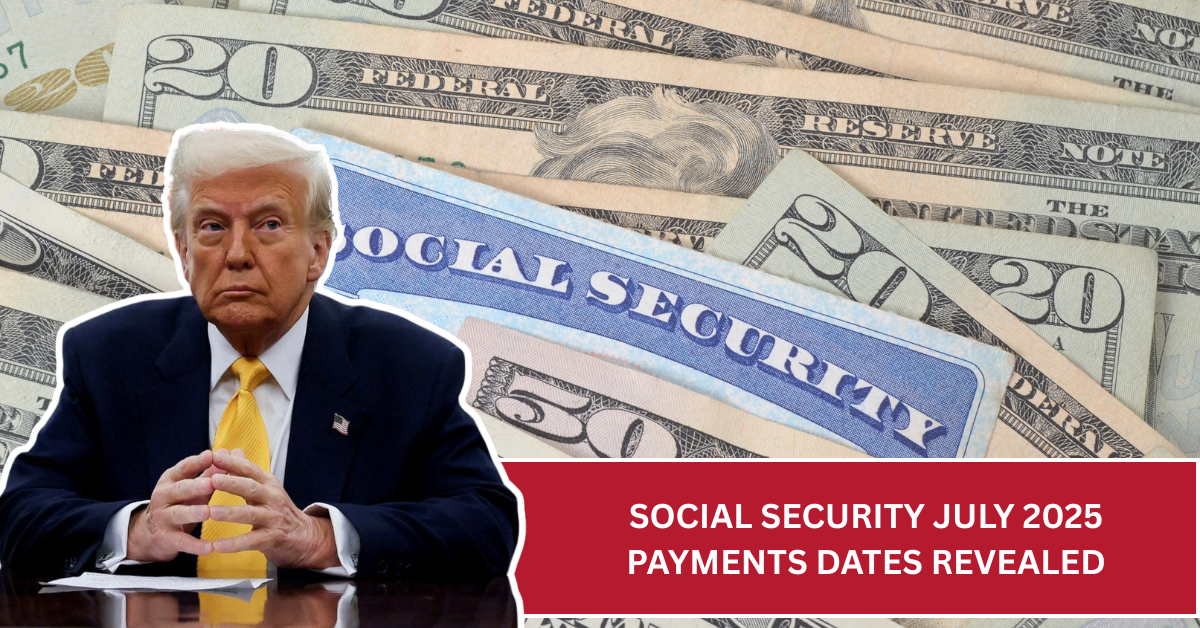
Many retirees depend heavily on their Social Security payments as a reliable source of income after years of hard work. However, starting in 2025, several changes and complications might cause some retirees to stop receiving their payments. This news is concerning, especially for those who have no other financial backup plans.
Understanding why Social Security payments could be at risk will help retirees and their families prepare better. In this article, we explore the 10 main reasons retirees might stop getting their Social Security payments in 2025, keeping everything simple and easy to understand for everyone.
1. Missing Important Paperwork Deadlines
This Article Includes
- 1 1. Missing Important Paperwork Deadlines
- 2 2. Not Reporting Changes in Personal Information
- 3 3. Working and Earning Too Much
- 4 4. Eligibility Issues Due to Immigration Status
- 5 5. Death of the Beneficiary
- 6 6. Fraud or Identity Theft
- 7 7. Changes in Law or Policy
- 8 8. Failure to Recertify Disability Status
- 9 9. Missing Scheduled Bank Account or Payment Updates
- 10 10. Moving to Countries with Limited Social Security Agreements
- 11 Conclusion: How to Protect Your Social Security Payments
One common reason retirees lose their payments is because they fail to submit important documents on time. Social Security requires regular updates like proof of life every year. If this paperwork is missed, payments may be stopped until the information is provided again.
2. Not Reporting Changes in Personal Information
If a retiree changes their address, marital status, or other personal details and does not inform the Social Security office, payments can be paused or canceled. The system needs accurate information to send payments correctly.
3. Working and Earning Too Much
Retirees who still work and earn above a certain limit may lose or reduce their Social Security benefits. This is because Social Security rules change how much you can earn before benefits are cut back, depending on your age and work status.
4. Eligibility Issues Due to Immigration Status
Some retirees living outside the country or those with unclear immigration status may no longer be eligible to receive Social Security payments. If the Social Security Administration finds discrepancies, they may stop payments until the status is verified.
5. Death of the Beneficiary
Payments automatically stop when the retiree passes away. Sometimes, family members continue receiving payments by mistake, but this needs to be reported quickly to avoid legal issues or repayment demands.
6. Fraud or Identity Theft
If there is suspicion of fraud or identity theft, Social Security can suspend payments until the situation is resolved. Protecting personal information is vital to avoid losing benefits due to security concerns.
7. Changes in Law or Policy
Government policies may change, impacting who qualifies for Social Security or how benefits are calculated. Retirees need to stay informed because legal changes can reduce or stop payments unexpectedly.
8. Failure to Recertify Disability Status
For retirees receiving disability benefits under Social Security, failure to update or prove their disability status annually can cause payments to halt. Keeping medical records and reports organized is important to avoid this issue.
9. Missing Scheduled Bank Account or Payment Updates
Social Security payments often go directly to bank accounts. If a retiree changes banks and does not update the account information with Social Security, payments may be delayed or stopped.
10. Moving to Countries with Limited Social Security Agreements
Many retirees living abroad may face payment interruptions if they move to countries without strong Social Security agreements with the US. Understanding international agreements and rules is essential to continue receiving payments.
Conclusion: How to Protect Your Social Security Payments
Social Security payments are an important source of income for retirees, but they are not guaranteed without effort. Regularly updating personal information, following all rules, and staying aware of changes can help ensure you continue receiving your rightful payments in 2025 and beyond.
By knowing these 10 reasons, retirees and their families can better prepare and avoid surprises. Taking action early and staying informed is the best way to keep Social Security benefits flowing smoothly in the years ahead.




































